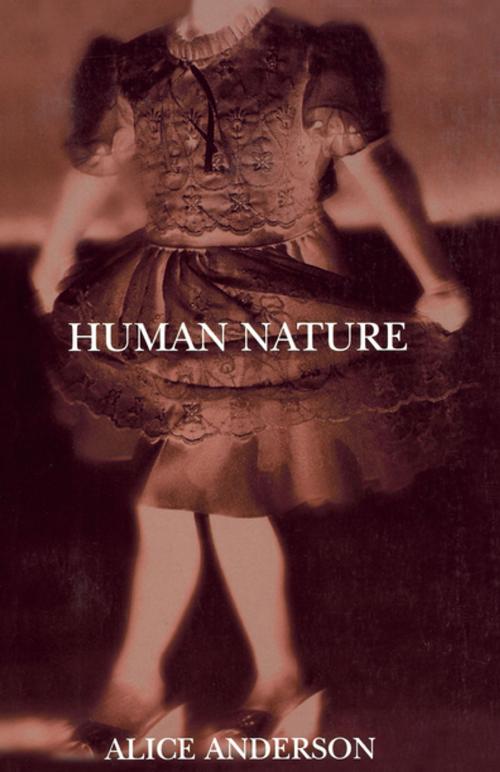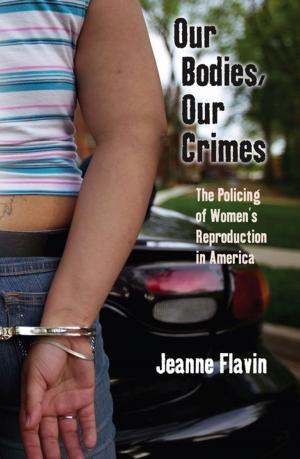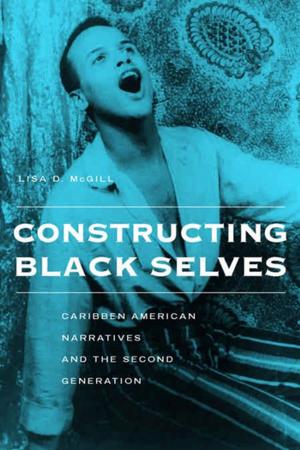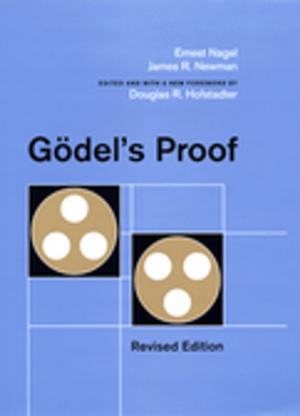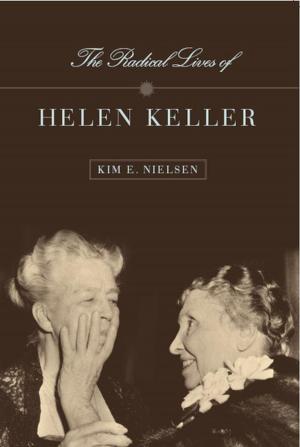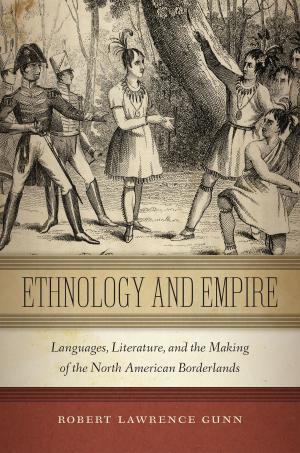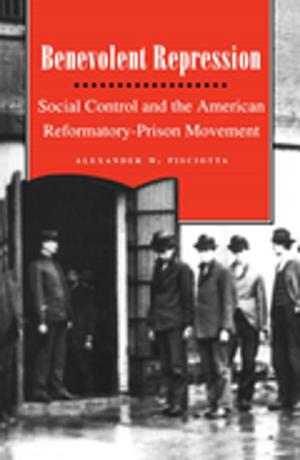| Author: | Alice Anderson | ISBN: | 9780814707463 |
| Publisher: | NYU Press | Publication: | December 1, 1994 |
| Imprint: | NYU Press | Language: | English |
| Author: | Alice Anderson |
| ISBN: | 9780814707463 |
| Publisher: | NYU Press |
| Publication: | December 1, 1994 |
| Imprint: | NYU Press |
| Language: | English |
Human Nature explores, both seductively and horrificly, the redemptive possibilities found in an American girlhood gone wrong. Every one of Anderson's poems tells a story-dangerous, sensuous, sometimes crazy, sometimes sacred tales that take us into the heartbreaking reality and strangeness of a little girl who grew up the woman of the house; at once drink-maker, showpiece, secret-keeper, and object of lust.
The terrain of incest and violence sets itself out on the page so subtely and plainly that the poems become mere containers for these extremes, a kind of prayer. Where formal grace might seem impossible, Anderson sings. And this is why the book -with all its darkness and danger-is, in the end, an affirmative one. The poems rise out of childhood's sorrows into a womanhood filled with the past, hell-bent on the future, and ready for a fight. In haunting, elegant verse, Anderson enters into the truth of experience. Through it all, the poems come to embrace those universal illuminations that arise out of--or even because of--suffering.
Human Nature explores, both seductively and horrificly, the redemptive possibilities found in an American girlhood gone wrong. Every one of Anderson's poems tells a story-dangerous, sensuous, sometimes crazy, sometimes sacred tales that take us into the heartbreaking reality and strangeness of a little girl who grew up the woman of the house; at once drink-maker, showpiece, secret-keeper, and object of lust.
The terrain of incest and violence sets itself out on the page so subtely and plainly that the poems become mere containers for these extremes, a kind of prayer. Where formal grace might seem impossible, Anderson sings. And this is why the book -with all its darkness and danger-is, in the end, an affirmative one. The poems rise out of childhood's sorrows into a womanhood filled with the past, hell-bent on the future, and ready for a fight. In haunting, elegant verse, Anderson enters into the truth of experience. Through it all, the poems come to embrace those universal illuminations that arise out of--or even because of--suffering.
